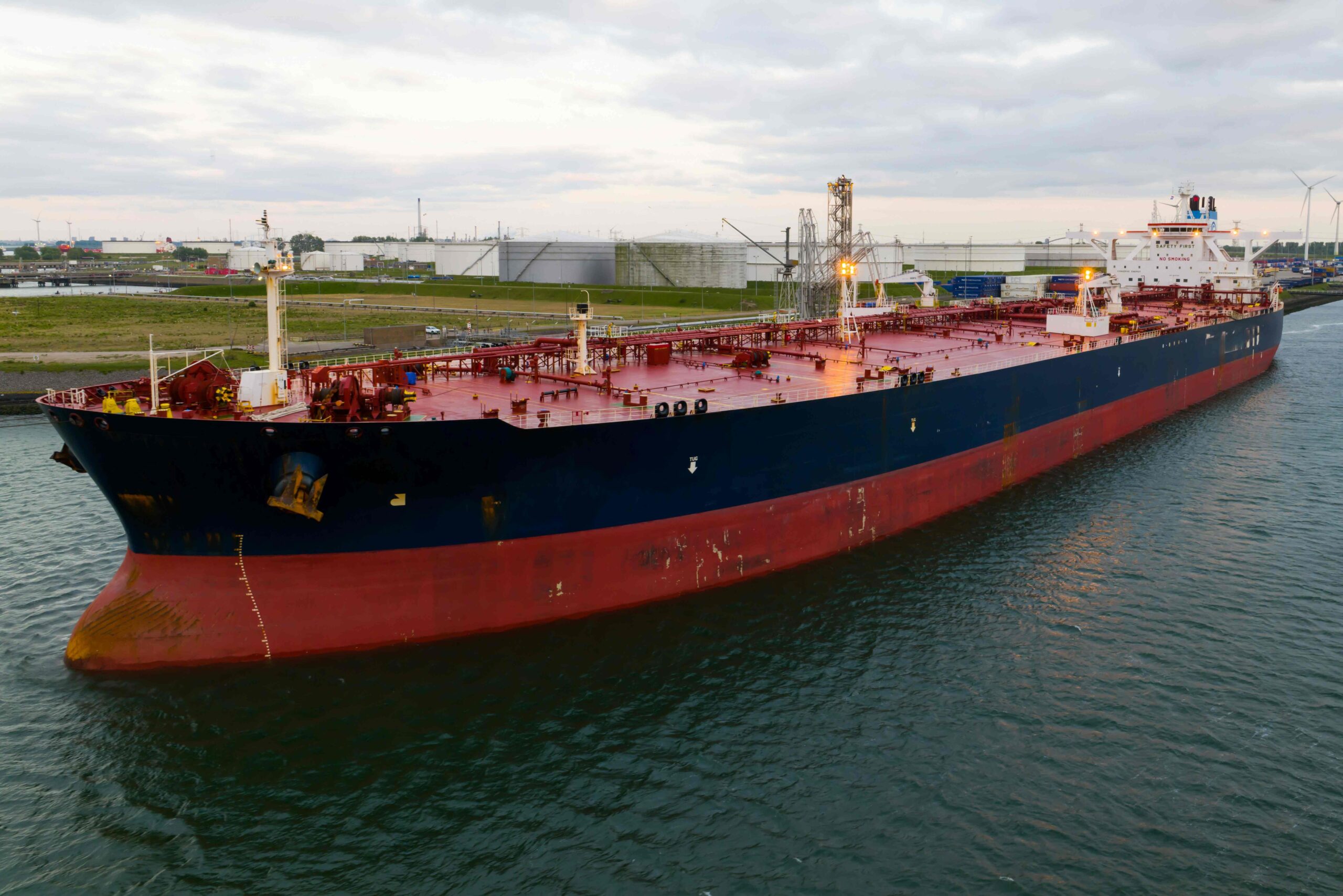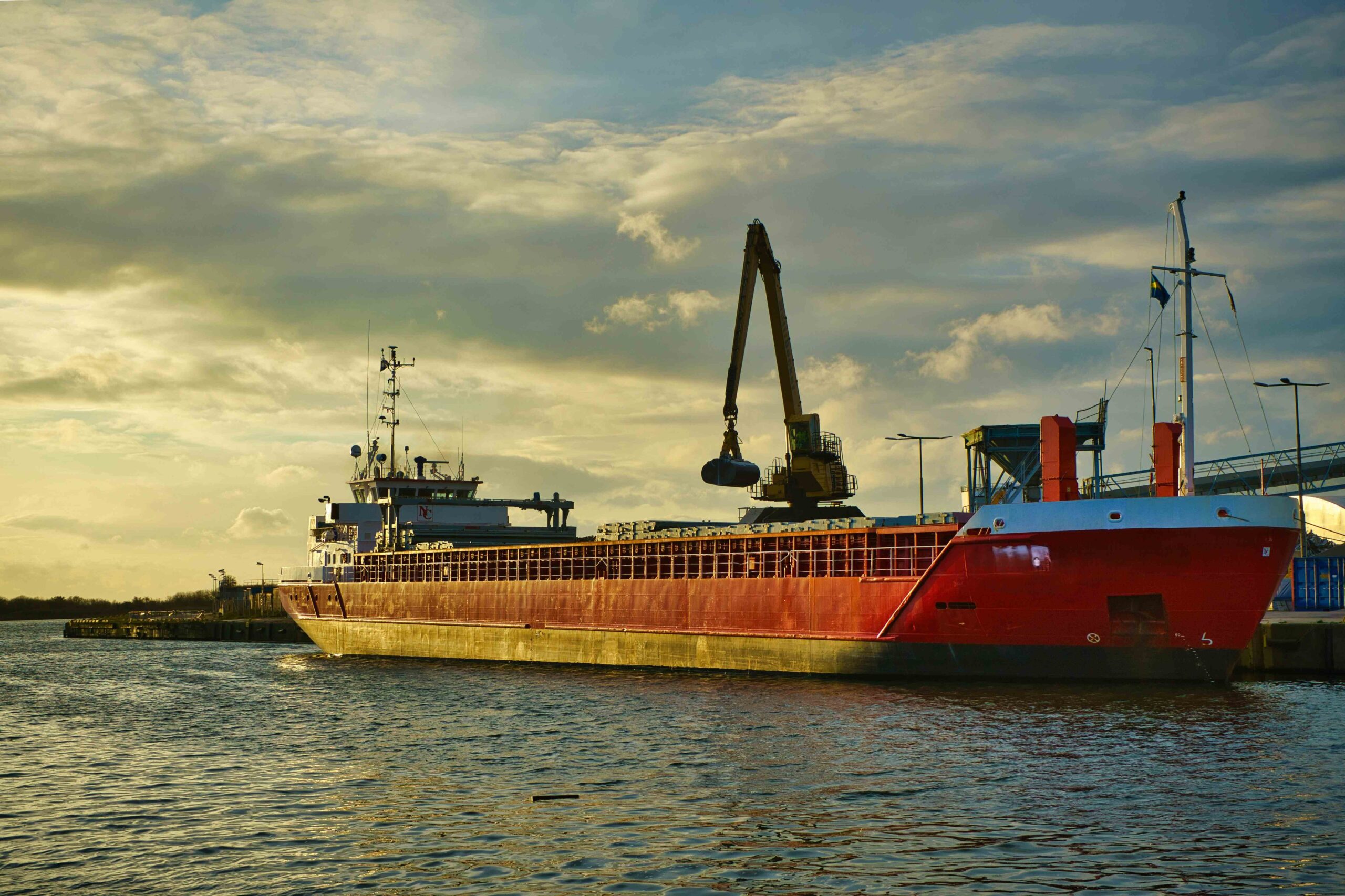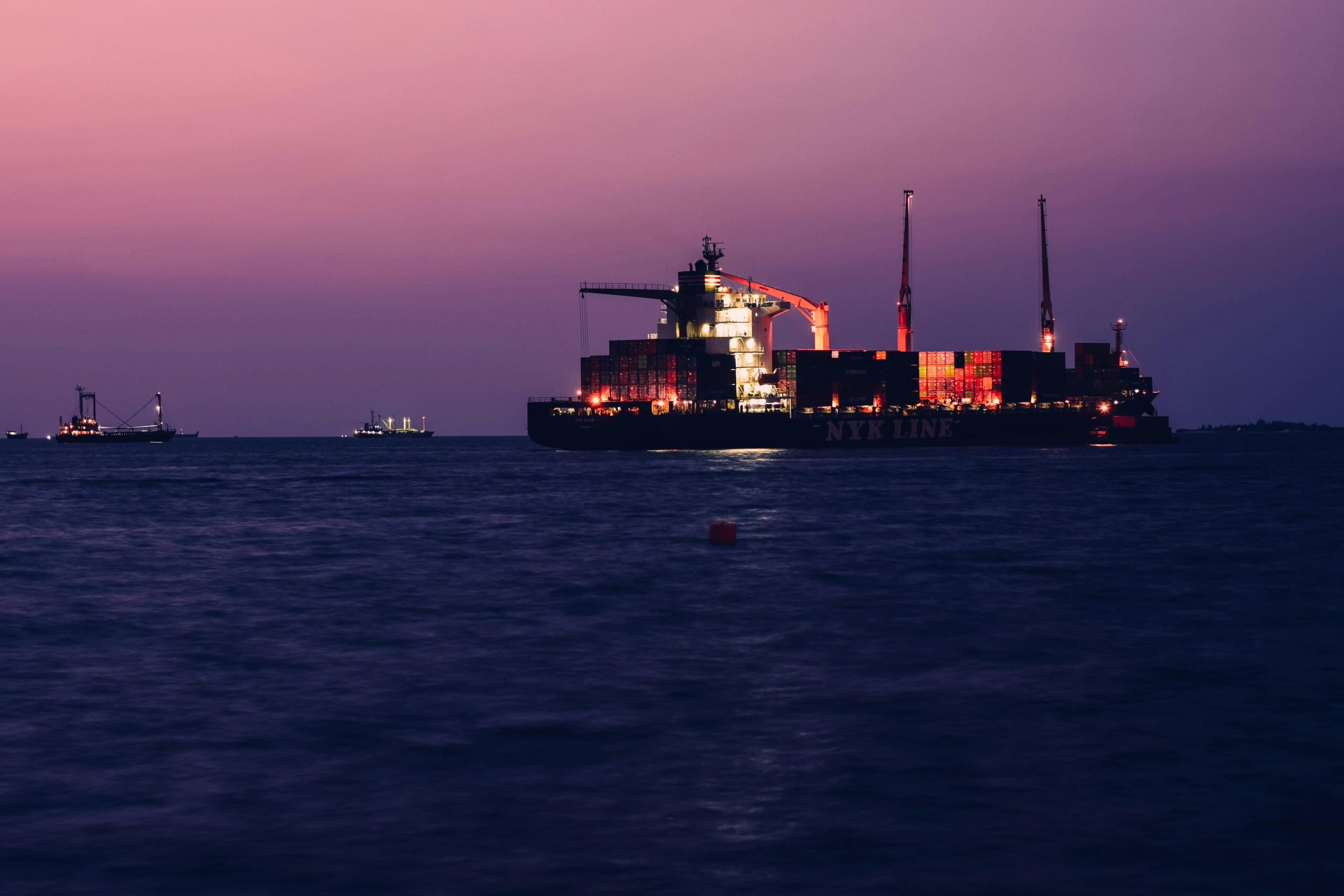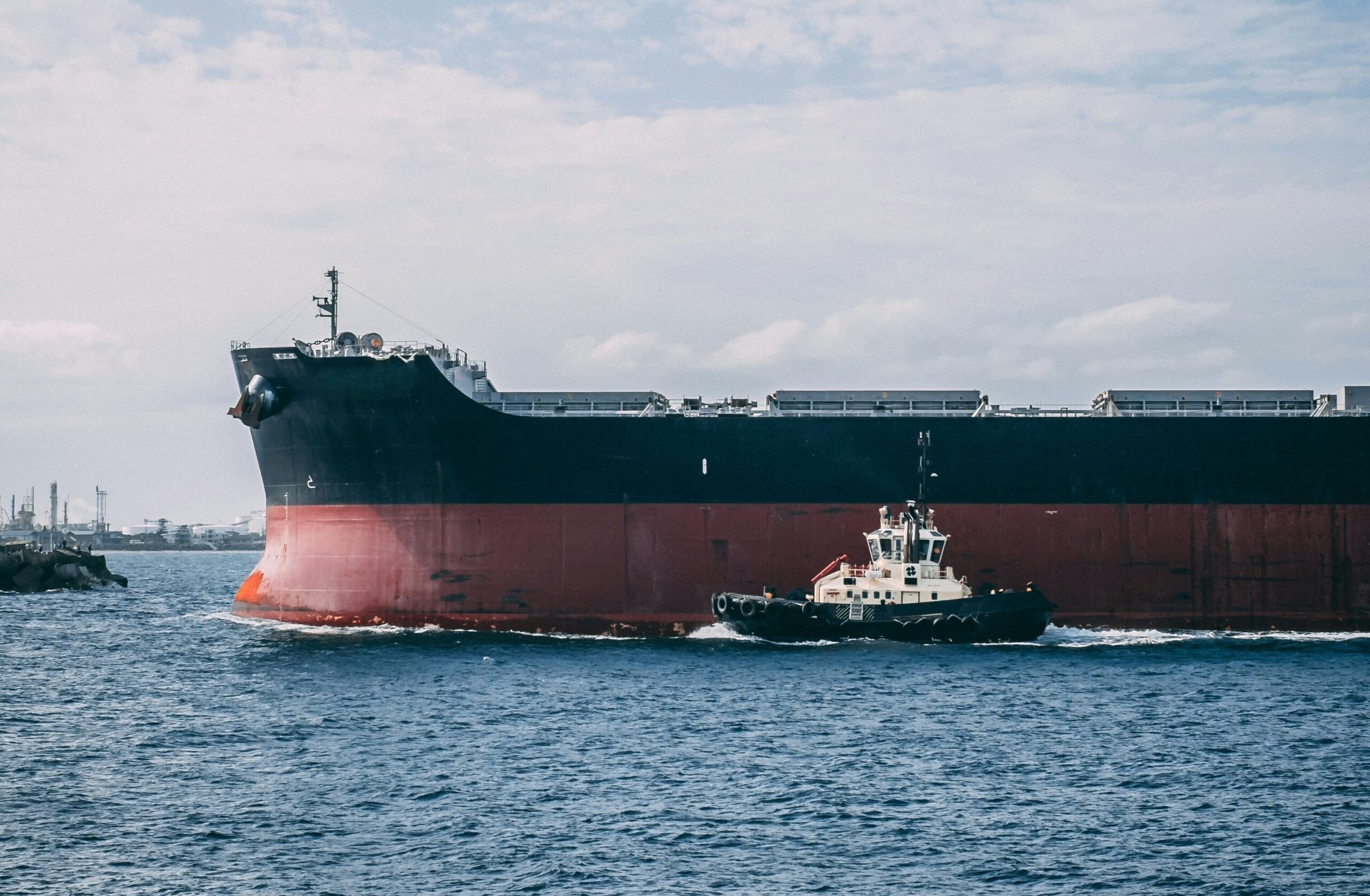Advanced Computational Models for Bunker Fuel Combustion Analysis
Introduction In the realm of marine engineering and environmental sustainability, the analysis of bunker fuel combustion has become increasingly crucial. Bunker fuels, which power marine engines, pose challenges related to efficiency, emissions, and compliance with stringent environmental regulations. Advanced computational models have emerged
Fuel Injector Technologies for Bunker Fuel in Marine Engines
Introduction In marine engines, fuel injectors are vital for delivering precise amounts of fuel into combustion chambers at high pressures. This process is crucial for maximizing engine performance, reducing emissions, and meeting strict environmental standards. As the maritime industry evolves, the choice of
Fuel Injector Technologies for Bunker Fuel in Marine Engines
Introduction In marine engines, fuel injectors are vital for delivering precise amounts of fuel into combustion chambers at high pressures. This process is crucial for maximizing engine performance, reducing emissions, and meeting strict environmental standards. As the maritime industry evolves, the choice of
Impact of Fuel Stability and Compatibility on Marine Operations
Introduction Fuel stability and compatibility are pivotal aspects of maritime operations, profoundly influencing vessel safety, operational efficiency, and environmental compliance. Given the diverse range of bunker fuels used in marine engines, ensuring these fuels remain stable and compatible throughout their lifecycle—from storage and
Energy Density and Calorific Value of Various Bunker Fuels
Introduction The energy density and calorific value of bunker fuels are fundamental factors influencing their suitability for maritime applications. Bunker fuels, essential for powering ships across global waters, vary widely in composition and energy content. Understanding these characteristics is crucial for optimizing fuel
Waste Heat Recovery Systems in Ships Using Bunker Fuels
Introduction In the maritime sector, waste heat recovery systems (WHRS) are pivotal for improving energy efficiency and reducing operational costs. Ships, relying on bunker fuels for propulsion and operations, generate substantial waste heat during combustion. Capturing and utilizing this waste heat through WHRS
Fuel Management Systems for Efficient Bunker Fuel Usage
Introduction Efficient management of bunker fuel is essential for the maritime industry, impacting vessel performance, operational costs, and environmental sustainability. Fuel management systems (FMS) play a pivotal role in optimizing fuel usage by monitoring consumption, ensuring compliance with regulations, and enhancing operational efficiency.
Thermodynamic Efficiency of Various Bunker Fuels in Marine Engines
Introduction The efficiency of marine engines, crucial for the maritime industry’s sustainability and operational costs, is directly influenced by the thermodynamic properties of bunker fuels used onboard. Bunker fuels, derived from crude oil refining, encompass a range of grades with varying compositions and
Ship Engine Design Considerations for Different Bunker Fuels
Introduction Ship engines are critical components in maritime transportation, powering vessels across the world’s oceans. The design and operation of these engines must align with the specific characteristics of bunker fuels used onboard. With various grades available—from heavy fuel oils to cleaner alternatives
Comparative Study of Bunker Fuel Grades: ISO 8217 Standards
Introduction Bunker fuels are indispensable for the maritime sector, serving as the primary energy source for vessel propulsion and onboard operations. The International Organization for Standardization (ISO) meticulously defines bunker fuel specifications through ISO 8217 standards to ensure safety, efficiency, and environmental responsibility.









